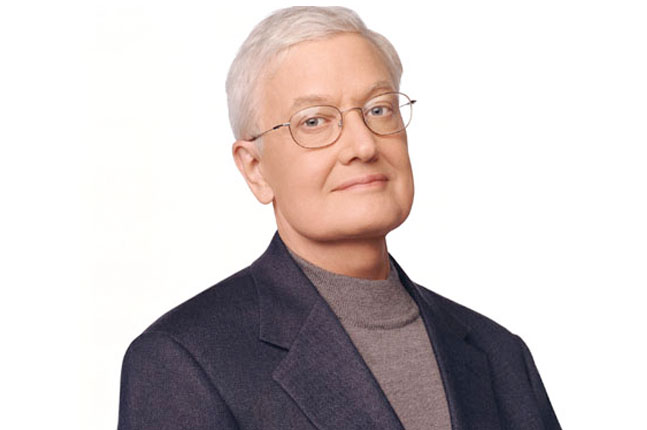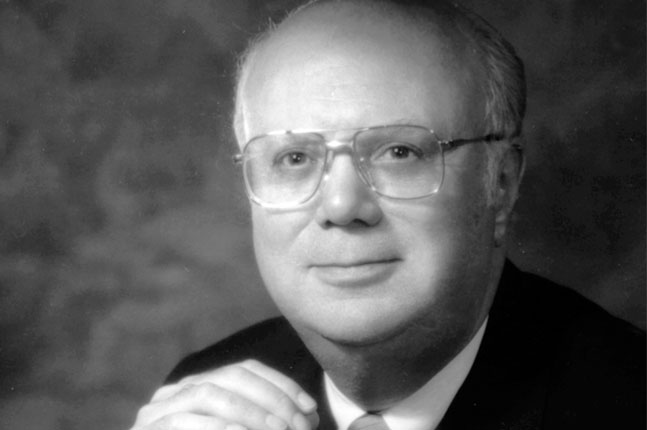Since returning to the College Park campus in 1989, Gary Williams (Maryland ’68) has led his alma mater’s basketball program from a period of troubled times to an era of national prominence.
With 14 NCAA Tournament berths in the last 17 seasons, seven Sweet Sixteen appearances, a pair of consecutive Final Four showings, and the 2002 National Championship – the first of its kind in Maryland basketball history – Williams and his staff have literally forged what is now more than a decade of dominance in college basketball’s most storied and competitive conference.
After leading the Terrapins to the Atlantic Coast Conference regular-season title in 2010, Williams was voted the league’s Coach of the Year by the Atlantic Coast Sports Media Association. It was his second such award, as he was also honored in 2002.
Now with 442 victories as Maryland’s head coach, Williams stands as the Terrapins all-time winningest head basketball coach. He passed Charles “Lefty” Driesell, who amassed 348 victories in 18 seasons from 1969 to 1986. The Terrapins have averaged 22.6 wins per year since the 1994-95 season.
With 649 career victories in 32 seasons overall, Williams is the 5th-winningest active head coach in NCAA Division I men’s basketball. The rise of the Maryland program has run parallel with Williams’ ascent among the most notable in the collegiate coaching fraternity. Williams was one of only five coaches to boast a string of 11 consecutive trips to the NCAA Tournament from 1994-2004. He has produced at least 20 wins in 12 of his last 15 seasons, and in a school-record eight straight from 1996-97 to 2003-04. With 18 career 20-win seasons, Williams is seventh among active coaches.
Williams was heralded as the national and Atlantic Coast Conference Coach of the Year during the Terps’ 2002 championship run. He is one of just 11 active coaches in America to boast a national title and one of only three in the conference.
He has become the third-winningest coach in ACC history after transforming the Maryland program into one of the nation’s most formidable, and building a Baltimore-D.C. area following that has consistently resulted in packed arenas.
After demolishing attendance records with sellout crowds during the final years of Maryland basketball at Cole Field House, Williams’ Terps have finished in the top 10 nationally in each of the last nine seasons. The Terrapins played before 341,050 fans in 2007-08, averaging 100 percent of capacity for the second time in Comcast Center history.
Williams is one of just two 600-win coaches who now engineer the programs at their respective alma maters, joining Jim Boeheim at Syracuse. With Roy Williams of North Carolina, those three also are the only active coaches to direct their alma maters to at least one Final Four appearance.
In 2001, Williams became just the sixth coach since 1980 to direct his alma mater to the Final Four. A year later, he became the first coach since 1974 to guide his alma mater to a national title. Williams is the only active coach to take his alma mater to consecutive Final Four appearances. He is only the eighth mentor ever to guide his alma mater to consecutive Final Fours, and the first since Houston’s Guy Lewis in 1982, 1983 and 1984.
A former Terrapin point guard and 1968 graduate, Williams was a starter under coach Bud Millikan during the 1965, 1966 and 1967 seasons. He was the team captain as a senior and still lists one of his most memorable basketball moments as his experience as a spectator at the 1966 national championship game conducted at Maryland’s legendary Cole Field House, between Texas Western and Kentucky.
The former Terrapin student-athlete is also noted as one of just eight former ACC basketball players ever to return to the league as a head coach. On March 2, 2003, Williams became the sixth ACC alumnus to win at least 500 games as Drew Nicholas nailed a buzzer-beating 3-pointer to down NC State, 68-65. Williams is only the sixth ACC coach to reach the 300 milestone.
Inducted into the University of Maryland Sports Hall of Fame in 1999 and the University’s Alumni Hall of Fame in 2005, Williams has placed his alma mater’s program back among the elite in the always-competitive Atlantic Coast Conference. The Terps have become synonymous with Duke and North Carolina among the league’s most dominant programs, and nationally have become a fixture among weekly polls.
Williams was hired on June 13, 1989. He inherited a team that had won only nine games the year before and finished in last place in the ACC. Displaying his coaching abilities immediately, he helped the Terps to 19 wins while advancing to the second round of the National Invitation Tournament – and making him the first coach in school history to lead a team into the postseason in his first year. In addition, Maryland’s 10-game improvement in the win column during Williams’ first season was the largest in school history and second largest in the annals of the ACC by a first-year coach. Only the legendary Press Maravich, who improved NC State’s winning ledger by 13 games in his inaugural season (1965), can boast a higher first-year improvement in the win column.
A 1968 graduate of Maryland, Williams lettered as the Terps’ starting point guard from 1965-67 under head coach Bud Millikan, serving as team captain during his senior season. It was as a player in the ACC that Williams began developing his basketball philosophy. He studied the game under Millikan, and it was then that he developed his penchant for the full-court pressure defenses for which his teams are now known. He learned his half court man-to-man defense from Millikan, who learned from the legendary Hank Iba. The fast-breaking offense that Williams’ teams employ is similar to the style Vic Bubas’ Duke teams used when Williams was a player.
Path Back To College Park
Williams began his coaching career as a graduate student at Maryland under freshman coach Tom Davis. The 1969 freshman team finished with a 12-4 record as Williams bonded with Davis in a relationship that would serve him well as his coaching career progressed.
After earning a degree in business, he continued his coaching career as an assistant at Woodrow Wilson High School in Camden, N.J. After one year, he took over as the head coach and guided his first team to a perfect 27-0 record and the state title. Williams has called that season “the ultimate — there wasn’t another game to win.” Upon winning the NCAA West Region championship in 2001, he fondly recalled his championship at Camden as the “only other time I’ve ever got to cut down a net.”
Williams spent one more year at Woodrow Wilson before accepting an invitation from Davis in 1972 to become an assistant at Lafayette College. While an assistant at Lafayette, Williams also served as the head soccer coach. In 1978, Williams accompanied Davis to Boston College. After one year there, Williams became the head coach at American University.
Williams immediately began making his mark. His 1981 squad set the still-standing school record for victories with a 24-6 mark, won the East Coast Conference championship, and played in the NIT. Williams was named the district coach of the year. American returned to postseason play the next season as the Williams-led Eagles went 21-9 and played in the NIT for the second consecutive year. Only once prior to Williams’ arrival had AU attended a postseason tournament, and the Eagles have not returned since. Williams’ four-year record at AU was 72-42.
In 1983, Williams succeeded Davis at Boston College. He was once again an instant success, posting a 25-7 record and leading the Eagles to the regular-season championship of the Big East in his first season. Making his first appearance in the NCAA Tournament, Williams directed the Eagles to the Sweet 16. He finished third in the balloting for national coach of the year, and was honored again as the Eastern Coach of the Year by his peers. He went on to duplicate that NCAA Tournament success again in 1985, leading B.C. back to the Sweet Sixteen.
In 1987, Williams accepted the head coaching job at Ohio State, becoming the 10th basketball coach in that school’s illustrious history. He succeeded Eldon Miller and once again enjoyed success. In three years, the Buckeyes made three postseason appearances. His first squad defeated then-No. 1 and unbeaten Iowa (coached by Tom Davis) in the regular season, in what would be the first of many giant-killings. During Williams’ three-year term at Ohio State, OSU defeated a second-ranked Purdue team, perennial power Kansas and highly regarded Big Ten powers Michigan and Illinois. Each of Williams’ three Ohio State teams advanced to postseason play, and he laid the groundwork for the highly successful teams that followed when he left Columbus for College Park.





